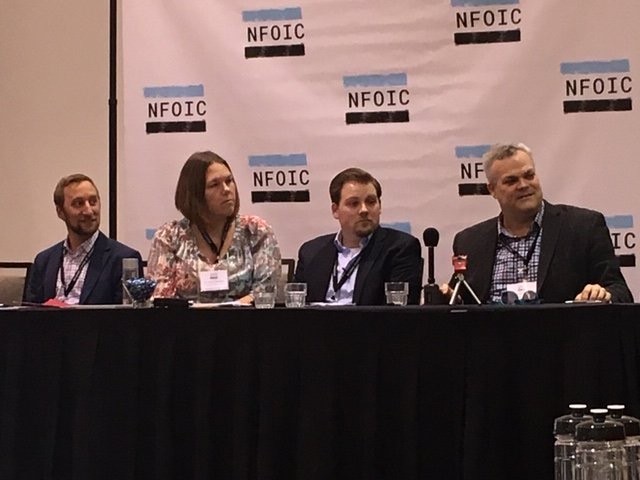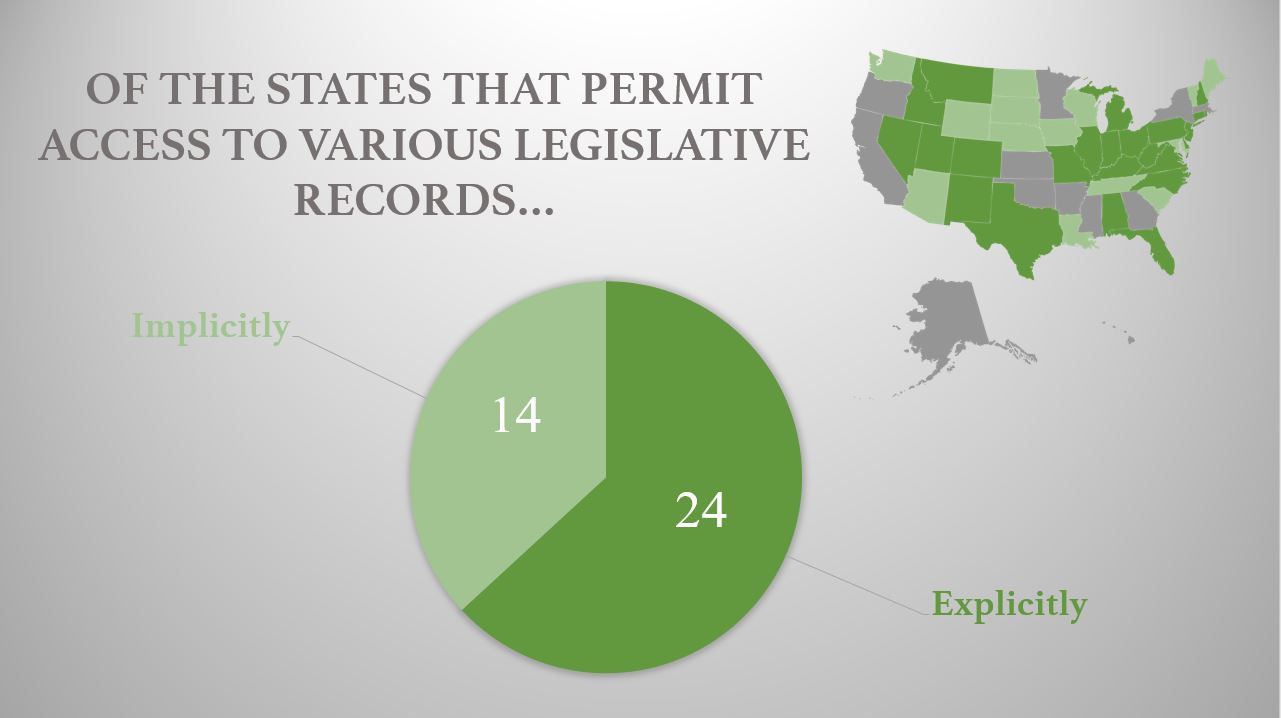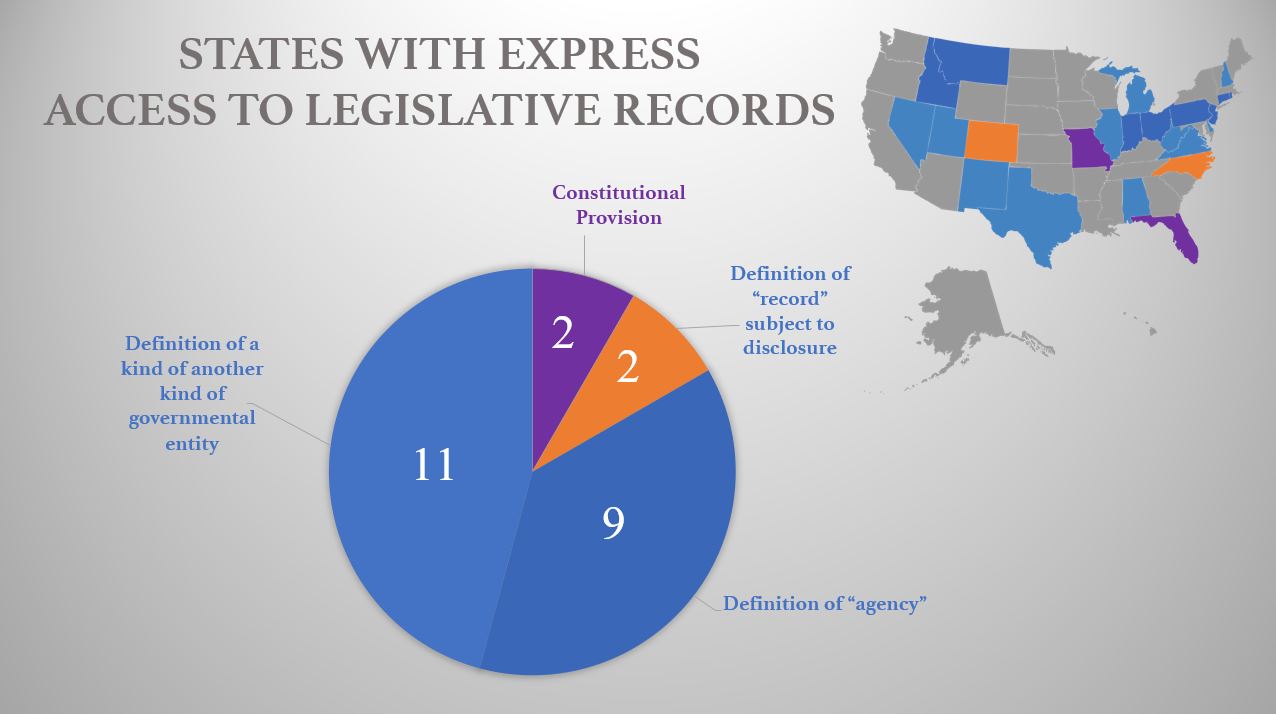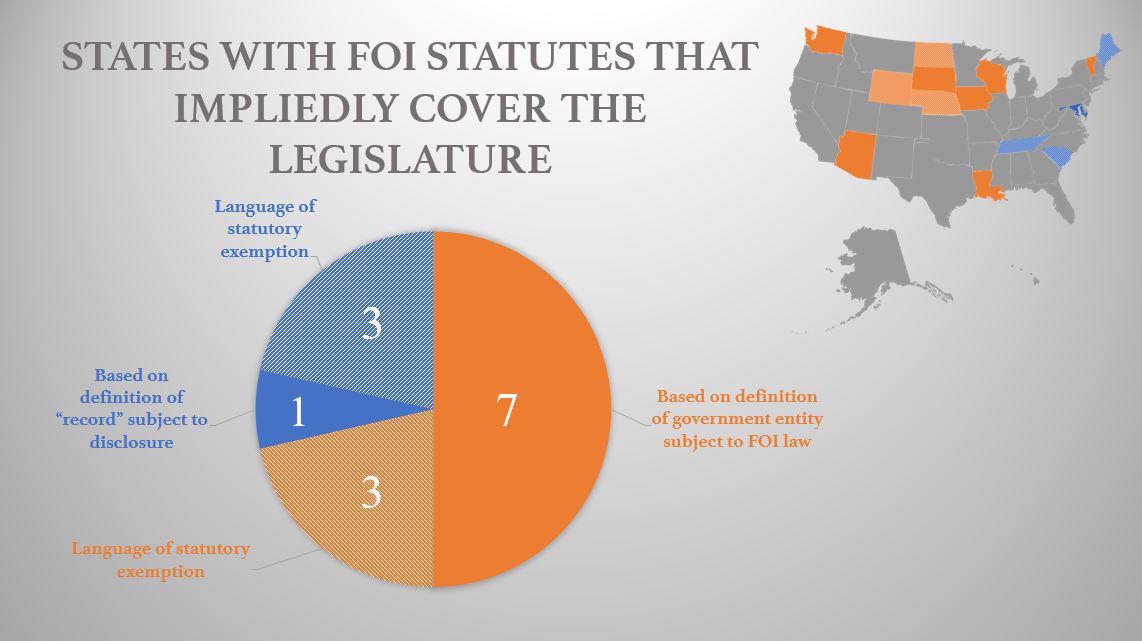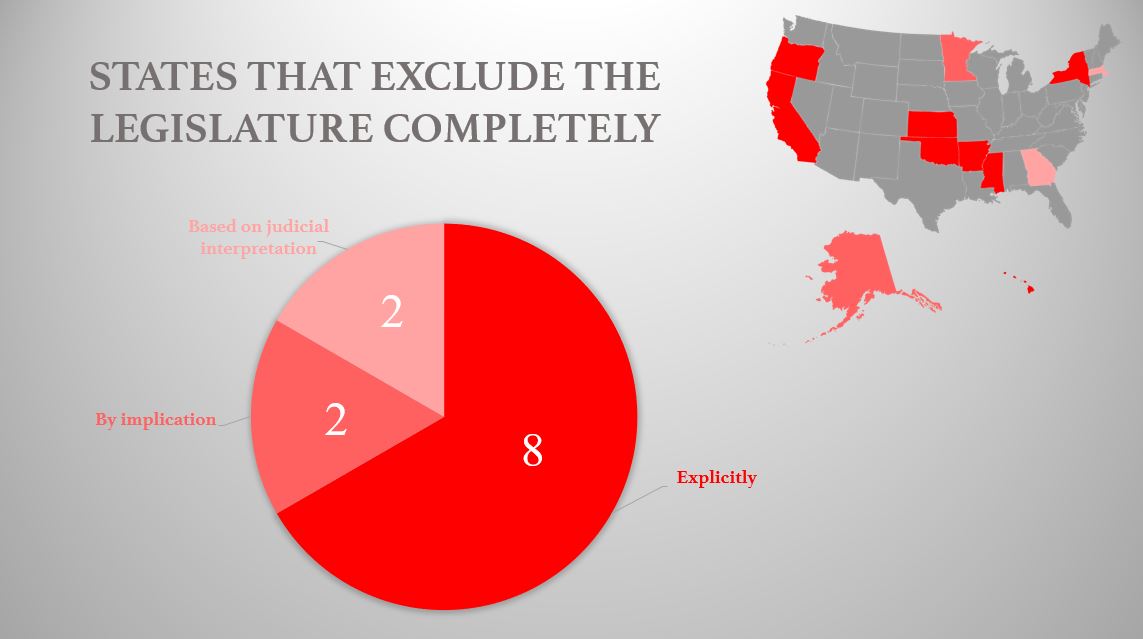Tariffs are often used as a costly tool that economically harms American consumers and business. These protectionist policies often invite turmoil and government overreach, and the tariffs proposed and implemented by the Trump Administration have been no different. In fact, with each round of proposed tariffs, it seems that the government has become less transparent about its process and rationale.
In an effort to advance its trade agenda, the administration has used four Section 232 investigations into different imports to justify tariffs on national security grounds. Although national security concerns may have a place in trade policy where there is a clear and narrow interest, Section 232 should not be used as a tool to bypass Congress when there is no legitimate national security threat. Nevertheless, this was the purported rationale of initiating the Section 232 investigation into auto imports despite the President’s assertion that the importation of autos and auto-parts themselves do not actually pose a national security threat.
So why was this investigation initiated and what did the U.S. Department of Commerce (Commerce) conclude from its investigation? Commerce proactively published its findings and documents supporting its case for steel and aluminum tariffs but refuses to do the same with its auto investigation.
After Commerce announced that it was launching a Section 232 investigation into the national security impacts of auto imports, they were required by law to notify the U.S. Department of Defense (DOD). Commerce announced that it sent notification of the investigation to then-Secretary of Defense James Mattis but have yet to release a copy of this notification, as they did with the Section 232 investigation into steel and aluminum tariffs, as well as with the uranium investigation.
In June 2018, one month after the investigation into auto imports was announced, Commerce Secretary Wilbur Ross told then-U.S. Sen. Orin Hatch that while Secretary Mattis accepted the proposition for the threats imposed by steel and aluminum imports, Commerce was not yet sure about DOD’s views for the automotive sector. Neither Commerce nor DOD has released the Defense Department’s response memo to the auto-import investigation.
Due to this lack of transparency, Cause of Action Institute (CoA Institute) sent FOIA requests to Commerce and DOD on March 22 seeking DOD’s response to the investigation and any relevant communication regarding this matter. The government has yet to release a substantive response from either agency regarding these requests.
The lack of transparency compared to the steel and aluminum process is stark. The government has announced that it will not be releasing Commerce’s final Section 232 report and recommendations on auto imports to the public. Not only were the reports for steel and aluminum published upon completion but the government is statutorily required to publish in the Federal Register “any portion of the report submitted by the Secretary under subparagraph (A) which does not contain classified information or proprietary information.”
CoA Institute believes that this information should be disclosed as the statute requires, particularly if it is going to be used to justify a potential 25 percent tariff on cars and car parts. This is why CoA Institute filed FOIA requests to Commerce for a copy of the report. After Commerce failed to respond to the request within the statutory timeline, CoA Institute filed a lawsuit against the Commerce Department.
It is troubling that the government is not upholding its legal obligations or open-government practices when it comes to Section 232 investigations. Larry Kudlow, director of the National Economic Council, stated that the administration may delay the decision on whether to impose auto-tariffs beyond the 90-day deadline that began when Commerce completed and provided the report to the White House. It is not clear how or what legal justifications exist to allow the administration to defer the decision beyond the May deadline.
However, the lack of transparency on this issue is not a new concern when it comes to tariffs. In September, after reports emerged of potential corruption in the tariff exemption process for the already controversial steel and aluminum tariffs, CoA Institute filed three FOIA requests seeking information to clarify the methodology behind the exemption process. After the government failed to respond to any of the FOIA requests relating to the steel and aluminum tariff exemption process, CoA Institute filed a lawsuit against Commerce for this information. As a result of the lawsuit, the government has agreed to produce relevant records at the end of each month.
Tariffs can be an economically treacherous policy, eroding the economic freedoms of individuals, hurting businesses, and almost always causing consumers to pay more for products as the government picks winners and losers. In this instance, not only is the government imposing tariffs that harm Americans, but it is doing so in a manner that evades transparency and, in regard to the auto-tariff report, fails to comply with its statuary obligations. The path to a stronger economy is one that eliminates barriers to trade, not one that unfairly manipulates the free-market while withholding justification from the public.
—
Mallory Koch is a communications associate at Cause of Action Institute.
